Laos is that country that most people don’t even know exists. With a population of around 6 million, most of the country is covered in mountains, jungle, and agriculture. But Laos offers so much more than just trees, it is like taking a step back in time.
Small cities dotted around the country showcase fine French architecture and the pace of life, even in the capital Vientiane, will slow even the busiest person down to a relaxing stroll. With all areas of their economy underdeveloped you will find no brand names, no big businesses, and hardly any tourism (a refreshing change compared to it’s more touristic neighbors).
Instead of postcards plan to send unique handicrafts and detailed fabrics back home as gifts. Best known for remote treks, Mekong river sunsets, good beer and a laid back attitude hard to find elsewhere, visiting Laos is like visiting a different era.
As a landlocked country, Laos has two distinct seasons and its weather patterns are fairly uncomplicated. The dry season and most popular time to visit is from November to March. Temperatures are pleasant during this time, but a bit chilly in the mountainous regions. April and May are scorching and low on tourists, since temperatures can hit 40°C.
July and August are a somewhat popular time to visit, since despite the intense humidity, landscapes are extraordinarily lush and green. Many tourists avoid September and October when the country gets quite wet, but some enjoy the unique clouds that come with the rain.
High Season
November — March
Average temperature
85–64 °F
30–18 °C
Average number of rainy days 1–3
Shoulder Season
July – August
Average temperature
90–75 °F
32–24 °C
Average number of rainy days 20
Low Season
April – June, September, October
Average temperature
93–72 °F
32–24 °C
Average number of rainy days 20—25
Average temperature
Average number of rainy days
The following links are affiliate links to Amazon.com or other local Amazon web stores - it depends on your location. The listed prices of all items are the US Amazon store prices at the time of publishing. If you are visiting us from outside the USA and there is an analogous item in your local Amazon web store, you'll be redirected there automatically. We do our best to keep all prices and descriptions up to date, but if you find any errors or inaccuracies, don't hesitate to contact us using our feedback page!
Recommended Travel Guides3
Temple crawling12 items
A Buddhist country, Laos has plenty of magnificent temples to explore. Diverse architectural types and traditions are brought together, resulting in a very unique Laotian style of religious monuments that fascinate every traveler!
One of the most famous (and the national symbol of the country) is the golden Pha That Luang, located in the capital of Vientiane. But in almost every corner of Laos you can find beautiful temples, like the ancient monastery Wat Xieng Thong or the main sunset spot at the Phu Si temple in Luang Prabang. .
And be sure not to miss the charming ruins of Wat Phu Champasak, ornately decorated with statues of lions and naga.
-
Good daypack
-
Sunglasses
-
Face sunblock
-
Body sunblock
-
Hats
-
Camera (portraits and city views)
-
Portable battery charger (for your phone and camera)
-
Facial cleansing wipes
-
Baby powder (good for absorbing sweat in your face and neck)
-
Hand wipes
-
Travel umbrella
-
Rain poncho
Gibbon searching24 items
Something quite unique about Laos is the opportunity to search for Western Black Crested Gibbon. But really, it’s much more than that. You can stay in some of the world’s highest tree houses, surrounded by the pristine jungle of Nam Kan National Park or the Bokeo Nature Reserve. During the day, speed through the forest canopy on various ziplines, experiencing a fun adrenaline rush while trying to spot the elusive black-crested gibbon (as well as other amazing animals like leopards, tigers, and bears).
Have fun and feel good about yourself while doing it! Not long ago, the gibbon populations were severely threatened by poaching. After some brilliant work by environmental conservation groups, Bokeo hunters were transformed into forest caretakers as a part of this quintessential ecotourism operation. Speeding from treetop to treetop in search of gibbons is not only incredibly different and awesome, but it also supports the Bokeo in their new roles, providing both them and the gibbons with better livelihoods.
-
Good daypack
-
Waterproof bag (might be even better option for rainy season)
-
Anti leech socks (extremely important for rainy season)
-
Light hiking boots
-
Long hiking pants
-
Jungle rain poncho
-
Waterproof bags for camera and documents
-
Whistle
-
Torch and headlamp
-
Extra torch batteries
-
Lighter
-
Jungle knife
-
Sealing tape
-
Plastic bags
-
Rope
-
Adjustment to vertical peeing for girls
-
Insect head hat
-
High DEET insect repellent
-
Antiseptic wipes
-
Universal injury relief ointment
-
Waterproof bandage
-
Good binocular
-
GoPro camera
-
Zoom
This is not a simple question. If photography (especially of wildlife) is or is going to be one of your passions, then you need to invest in a good camera with a good zoom. After searching and investigating a lot about what camera and lens are the best for shooting wildlife on a safari, I finally bought Canon Zoom EF 100-400 mm f/4.5-5.6L IS II, as it allows you not only shoot nice landscapes, but has a good quality of shooting at a distance. Most of the animals will not be posing in front of you; they are shy and will most likely stay far away. Plus, in countries where you need your zoom the most, the weather and light conditions are very tricky. Direct sun rays (savannah) or high humidity (rainforest) are not the easiest issues to handle when shooting. That’s why you need a zoom with a good aperture. Another Canon option I personally considered was zoom EF 70-200 mm f/2.8L IS II USM, as it has better aperture than 100-400, but the zoom is weaker for animals that are too far away. So in short, it’s a very personal question what camera and zoom you should bring on safari. I would rather say if shooting animals is not your main goal, it’s better invest more money in good binoculars and enjoy them in real life.
Tubing and kayaking10 items
Not only does the world's 12th-longest Mekong river run through Laos, but it is also a country where you can enjoy some of the most exciting and entertaining tubing and kayaking activities on the more quiet Nam Song River in Vang Vieng. This place is famous for its quaint rural vibes, breathtaking landscapes of limestones and karsts and a very popular spot to chill called the Blue Lagoon, where you can grab hold of a tarzan vine and swing or just jump from a big tree into the crystal clear water!
Another great spot for water activity is Si Phan Don (Four Thousand Islands) - a riverine archipelago located in the Mekong River in south of the country. Spend a few days there kayaking, paddling, swimming, chilling and simply enjoying beautiful landscape. If you are extremely lucky, you might be able to spot one of the rarest animals on Earth - the Irrawaddy dolphin.
-
Face sunblock
-
Body sunblock
-
Waterproof bag
-
GoPro camera
-
GoPro chest mount
-
Good binocular
-
Antiseptic wipes (if you have some small wounds, scratches)
-
Sunglasses
-
Swimsuit
-
First aid kit
Pack all the essentials and extra items you might need as in the jungle you cannot get any help, so it’s extremely important to be prepared.
Hiking18 items
There are many reasons that Laos is often described by tourists as being “Simply Beautiful”. And one of these reasons is definitely its landscape. For active holidays lovers there are plenty of hiking and trekking options available. Try fun and adventurous zip-lining through the thick forest, visit the small village of Nong Khiaw and trek to its 100 waterfalls, go to Phou Khao Khouay National Park or explore the area around the Katang villages of Dong Phu Vieng, a national protected reserve in the northern part of the country. No matter what adventure you choose, don’t forget to take some items with you to make your hiking more comfortable.
-
Good daypack
-
Good hiking boots
If you opt for a long and exhausting trek, then it's better to have proper hiking boots. Otherwise, you can
 Timberland White Ledge Waterproof Boot$58.52
Timberland White Ledge Waterproof Boot$58.52 Timberland Women's White Ledge Hiking Boot$73.47
Timberland Women's White Ledge Hiking Boot$73.47 -
Light hiking boots
-
Long hiking pants
-
Long sleeve shirt
-
Trekking poles
-
Trekking socks
-
Jungle rain poncho
-
Torch and headlamp
-
Extra torch batteries
-
Softshell jacket
-
Anti leech socks (if rain season)
-
Face sunblock
-
Antiseptic wipes
-
Waterproof bandage
-
Lighter
-
Knife
-
Good binocular
Caving11 items
A country built upon limestone and karst formations, Laos provides absolutely stunning caving experience. Located in Phu Hin Bun National Park in the central part of the country, the Tham Kong Lor cave is an absolute must for cave lovers. It’s a 7 km long and 300 feet high cave with a truly immense cave chamber!
If you want to better understand the intriguing history of Laos, you can visit Vieng Xai Cave city, a remote area near Vietnam border. Here, you’ll find many interesting historical spots dating back to the second Indochina war.
-
Rubber boots
The cave route is usually pretty slippery, so you won’t want to wear your running or hiking shoes or trekking sandals. None of these will help you. Instead, a pair of rubber slippers is the best option to crawl through the caves.
-
Good socks
-
Waterproof bag
-
Grip gloves
You’ll need them. Some parts of the route may be equipped with a rope, and since it’s very humid and dirty in the cave, your hands will be wet and grimy. It’s always safer to have grip gloves when sliding on a rope.
-
Torch and headlamp
-
Extra torch batteries
-
Lighter
-
Knife
-
Sealing tape
-
GoPro camera
-
Swimsuit
Cycling15 items
For cycling enthusiasts, Laos offers great options to enjoy beautiful scenery and meet locals. Among the best cycling routes are paths between Don Det and the Bolaven Plateau, a trail from Vientiane to Luang Prabang, and the way from Luang Prabang to Pakbeng. Just mind the dry and shoulder seasons from September to May to avoid muddy roads.
-
Cycling gloves
-
Cycling sunglasses
-
Cycling shoes
-
Cycling padded shorts
-
Cycling helmet
-
Cycling jerseys
-
Cycling softbag
-
Cycling softshell
-
Cycling waterproof jacket
-
Cycling pedals
-
Waterproof bag
-
Face sunblock
-
GoPro camera
-
GoPro chest mount
-
First aid kit
Pack all the essentials and extra items you might need as in the jungle you cannot get any help, so it’s extremely important to be prepared.
Vaсcination6 items
Make sure you are up-to-date on routine vaccines before every trip. These vaccines include the measles-mumps-rubella (MMR) vaccine, diphtheria-tetanus-pertussis vaccine, varicella (chickenpox) vaccine, polio vaccine, and your yearly flu shot. The following vaccination recommendations are taken from the Centers for Disease Control and Prevention (CDC) webpage.
Hepatitis A
Typhoid
Hepatitis B
Japanese Encephalitis
Rabies
Yellow fever
First Aid Kit6 items
Laos is a rural country where it might be a bit difficult to find a proper treatment, especially in some remote areas. Sometimes, not you but some of your traveling buddies might need help. Make sure you have something in advance against the following symptoms:
Wounds, traumas, cuts
Gastro problems like poisoning or heartburn
Allergic reactions on sun burn, bites of insects, unusual food
Fever and cold
Motion sickness
Strong painkillers
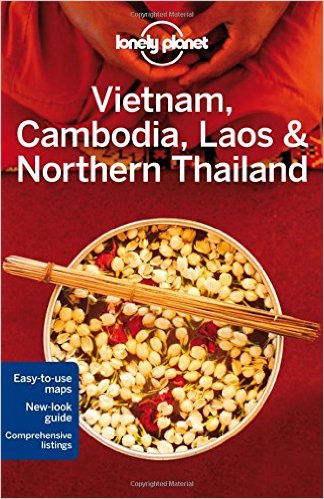
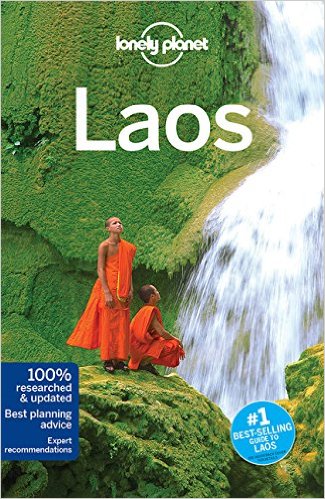
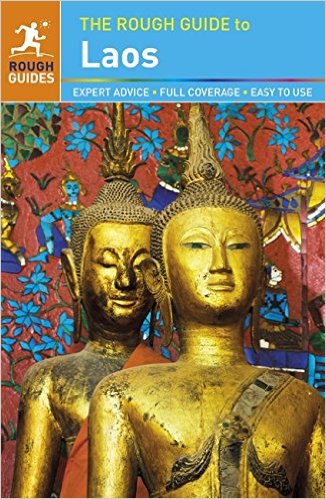
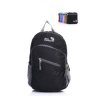


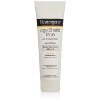










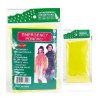
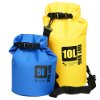
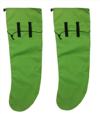


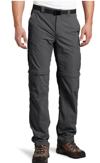
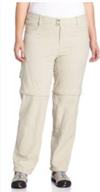
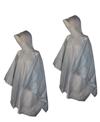

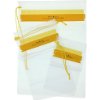




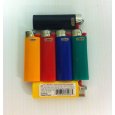
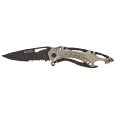
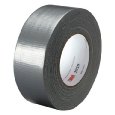


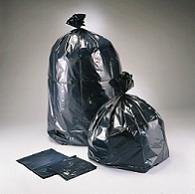


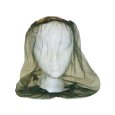

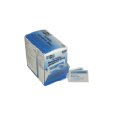

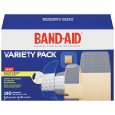
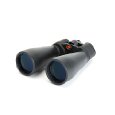
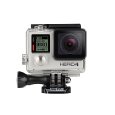
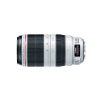
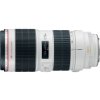

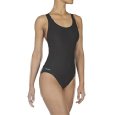
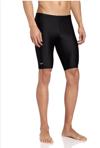



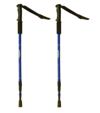
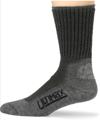


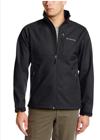

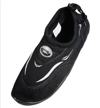











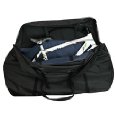



Like this packing list
Like VacayKit